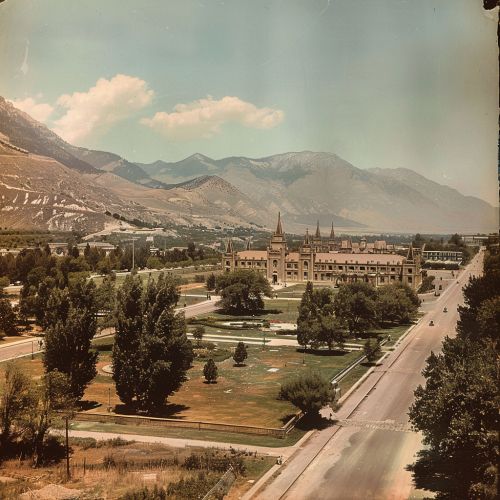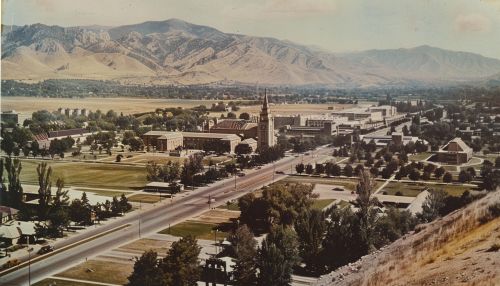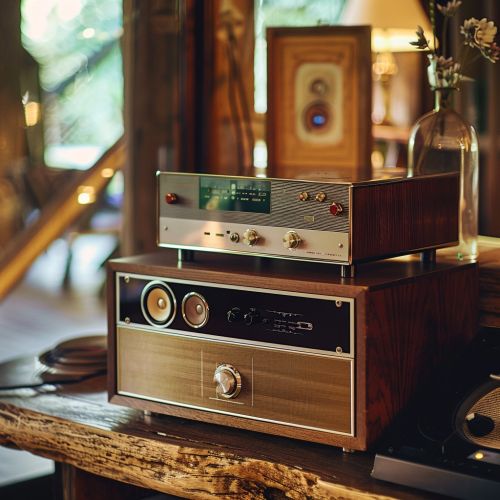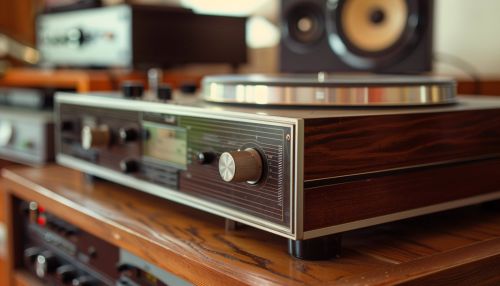Harvey Fletcher
Early Life and Education
Harvey Fletcher was born on September 11, 1884, in Provo, Utah. His parents were pioneers of the Mormon faith, and he was the youngest of twelve children. Despite his humble beginnings, Fletcher showed a keen interest in science and mathematics from a young age. This interest led him to pursue a Bachelor of Arts degree in Mathematics and Physics at Brigham Young University in 1907.


After completing his undergraduate studies, Fletcher went on to earn a doctorate in Physics from the University of Chicago in 1911. His doctoral thesis, supervised by renowned physicist Robert A. Millikan, focused on measuring the charge of an electron, a groundbreaking study in the field of quantum physics.
Career and Contributions
After completing his doctoral studies, Fletcher joined the Western Electric company as a research physicist. There, he worked on improving the quality and efficiency of telephone transmission systems. His work led to the development of the vacuum-tube repeater, a device that significantly improved long-distance telephone communication.
In 1916, Fletcher joined the Bell Telephone Laboratories, where he made significant contributions to the field of acoustics. He is often referred to as the "father of stereophonic sound" for his work in developing the stereophonic sound system. This system, which uses two or more independent audio channels to create a more natural distribution of sound, revolutionized the music and film industries.


Fletcher also made significant contributions to the field of audiology. He developed the first reliable audiometer, a device used to measure hearing sensitivity. This device is still used today in audiology clinics worldwide. In addition, Fletcher's research on the perception of speech and music led to the development of the Fletcher-Munson curves, which describe the frequency dependence of human sound perception.
Later Life and Legacy
Fletcher retired from Bell Laboratories in 1949 and returned to Brigham Young University, where he served as Dean of the College of Physical and Engineering Sciences until 1954. He continued to conduct research and mentor students until his retirement in 1961.
Fletcher passed away on July 23, 1981, but his legacy continues to impact the fields of acoustics, audiology, and telecommunications. His pioneering work on stereophonic sound and the development of the audiometer have had lasting impacts on the music industry, film production, and the treatment of hearing disorders.
